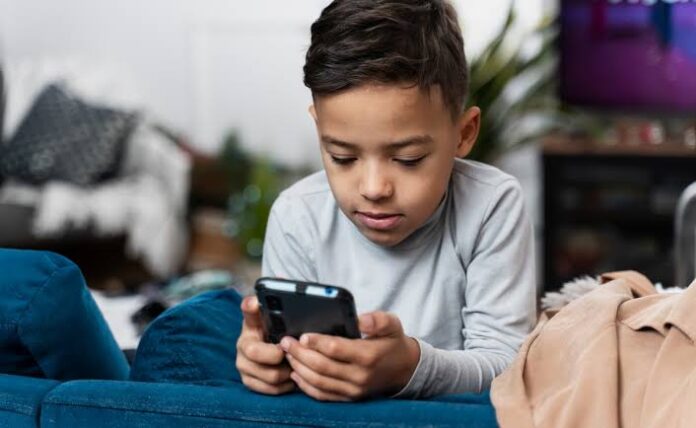A major British mobile network operator, EE, is urging parents to reconsider giving smartphones to children under the age of 11. The company has released new guidelines that recommend limiting smartphone access for young children and implementing parental controls to protect them online.

The decision comes amid growing concerns about the potential negative impacts of smartphones on young people. Studies have shown that a significant number of children as young as five or seven years old now have smartphones.
EE’s new guidelines suggest that children under 11 should only be given phones with limited capabilities, such as basic texting and calling features. For children aged 11 to 13, parental controls should be enabled, and social media access should be restricted.
Parents are increasingly concerned about the risks associated with giving children smartphones at a young age. These risks include online predators, bullying, social pressure, and exposure to harmful content.
EE’s corporate affairs director, Mat Sears, acknowledged the challenges that smartphones can pose for parents and caregivers. He emphasized the importance of providing support and guidance to parents in making the best choices for their children.
US author Jonathan Haidt, in his book “The Anxious Generation,” argues that smartphones have had a negative impact on children’s brains. He encourages parents to work together to limit smartphone access for their children, as it can become a social norm.
Haidt has highlighted the emotional distress that children can experience if they are the only ones in their peer group without a smartphone. This can lead to feelings of exclusion and isolation.
EE’s new guidelines offer parents valuable advice on how to navigate the complexities of smartphone usage for children. By limiting access for younger children and implementing parental controls, parents can help protect their children from potential risks and ensure that they have a healthy relationship with technology.




